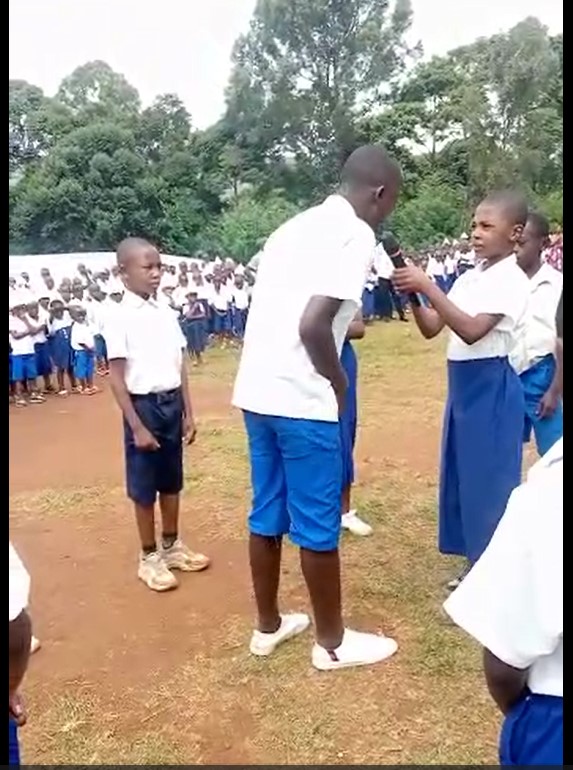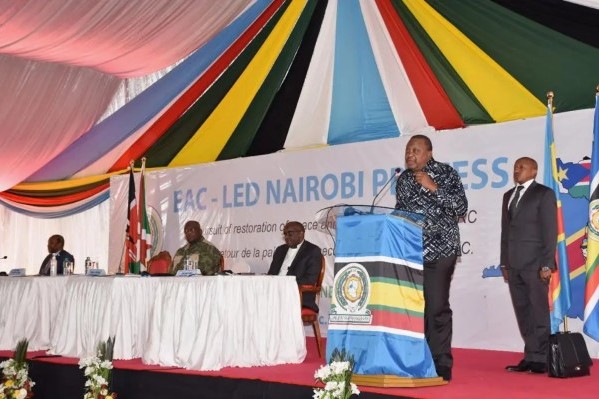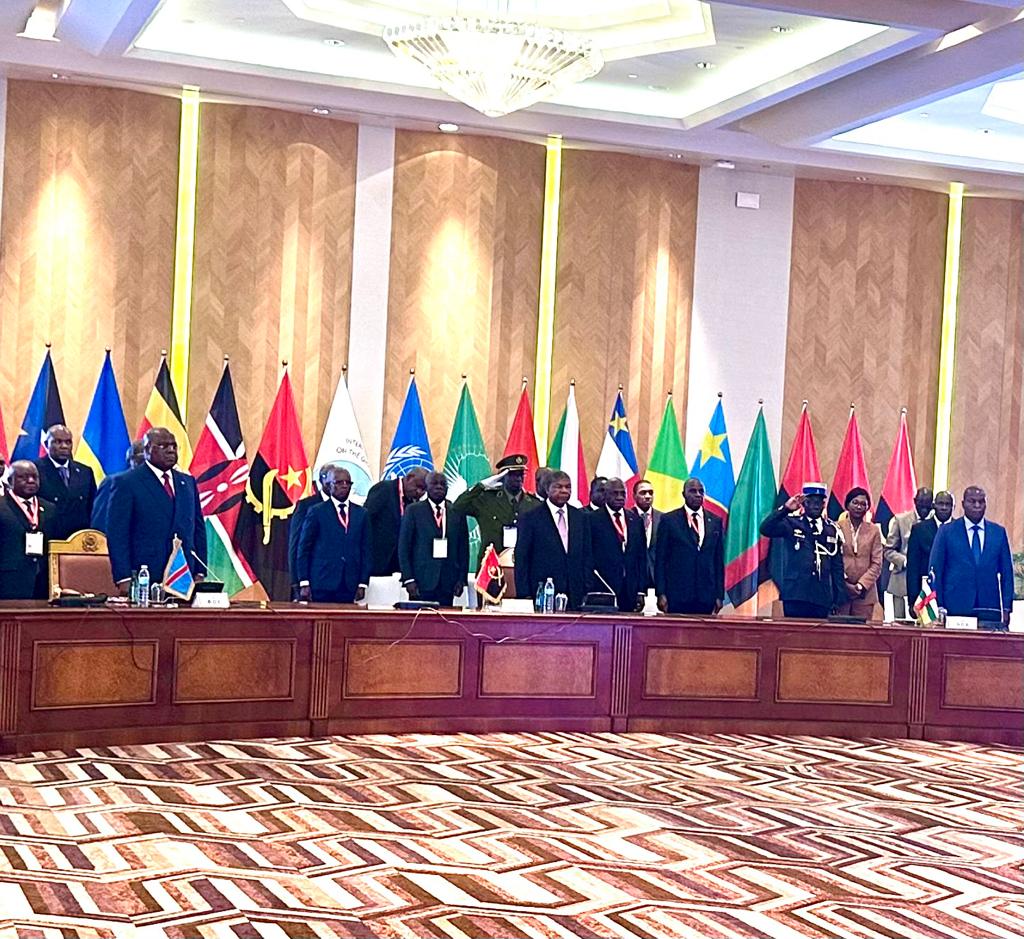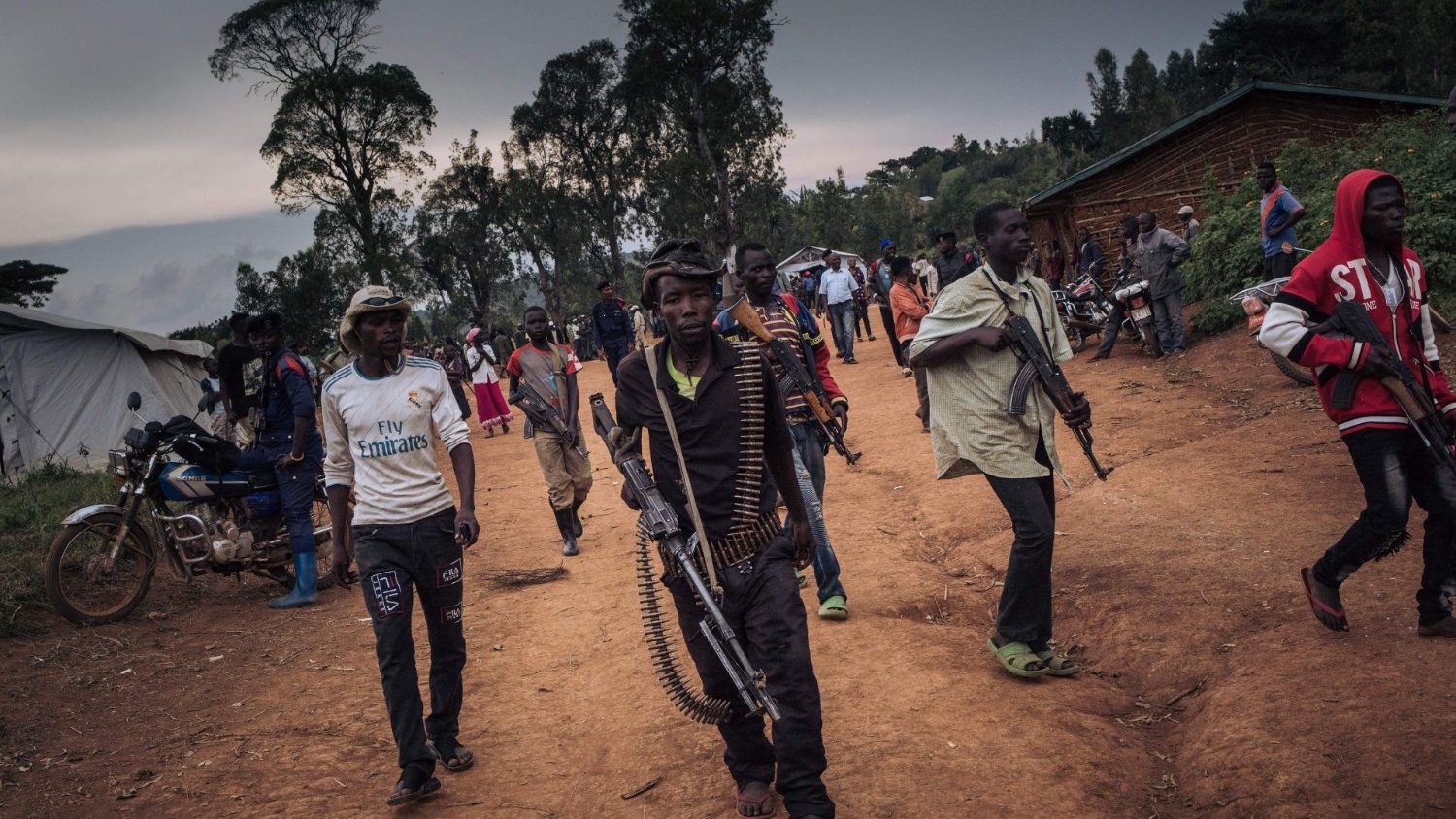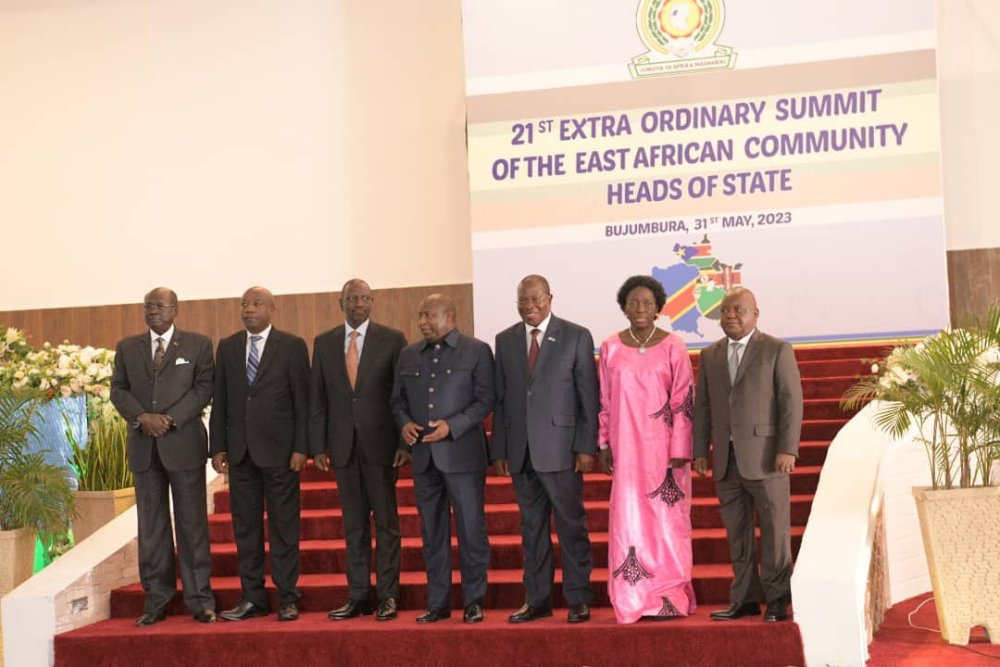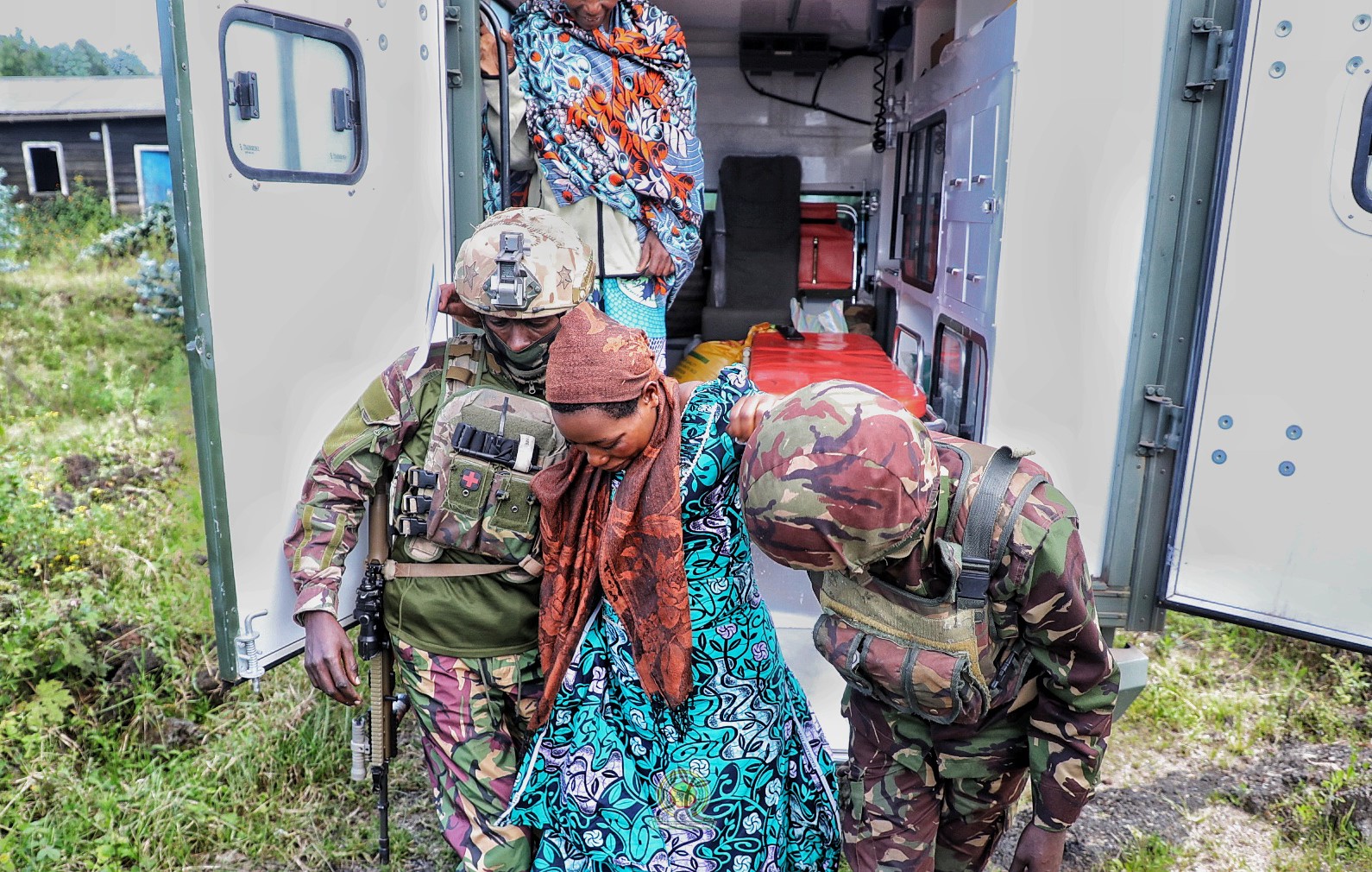Regional
Tshisekedi sinking DRC into abyss of lawlessness
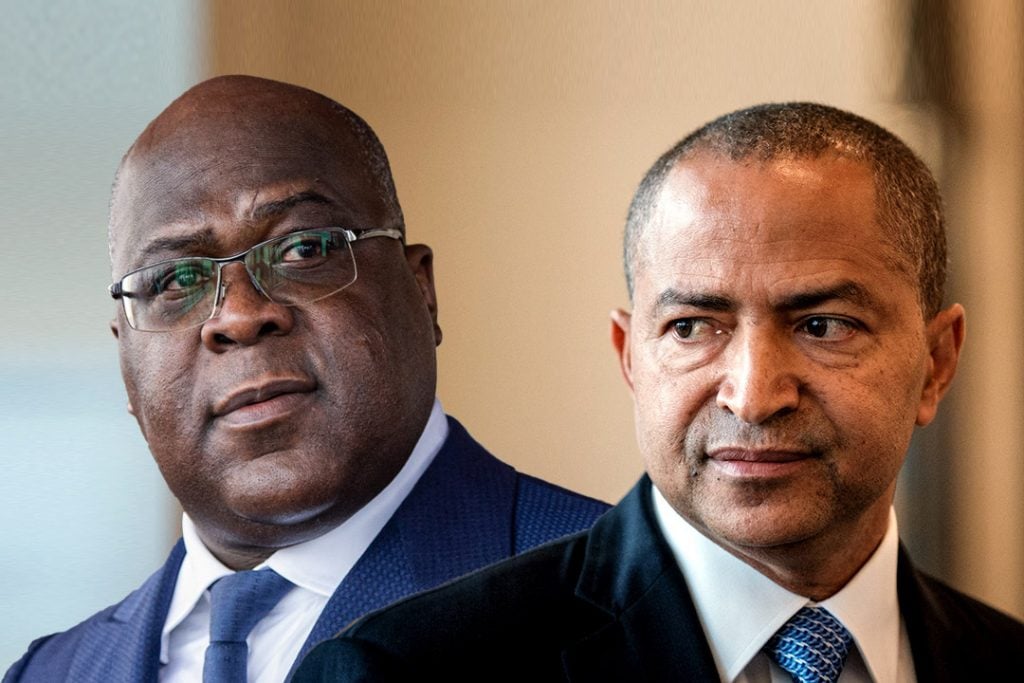
As
Congolese people are preparing for a presidential election in December 2023,
there is little hope that the elections will take place.
Instead
of procuring voting materials, organising voter registers and marking out
polling centres, president Felix Tshisekedi is spending much time procuring
arms and plotting how to crack down on the opposition.
Opposition
politicians highly anticipate that Tshisekedi is likely to use the conflict is
the east of the country as pretext to postpone elections.
On
May 30, Salomon Kalonda, an aide to opposition politician Moise Katumbi, was
apprehended as he prepared to board a plane from Ndjili Airport in Kinshasa. He
was later accused by the military intelligence of being in contact with members
of the M23 rebel movement, illegal possession of firearms and plotting a coup
that would apparently see a person originating from Katanga region taking over
the country’s presidency. His boss, Katumbi, is a former governor of Katanga
Province and has announced his intentions to challenge Tshisekedi in the coming
presidential elections.
With
such accusations and unforeseen crackdown on the opposition, DRC is being
deliberately plunged into total chaos by Tshisekedi in his pursuit for a second
term which he is unlikely to win given his poor performance. Tshisekedi refused
to engage M23 rebels in a political dialogue which regional leaders have
advised as the only way to finding a lasting solution to the conflict in
eastern DRC.
In May, Kinshasa was the
epicenter of violence meted out on members of the opposition by government
forces and affiliated militia groups who descended on peaceful demonstrators
protesting against the soaring cost of living in the country, unending insecurity
in eastern DRC and calling for a credible electoral process.
The
demonstrations degenerated into barbaric scenes where peaceful demonstrators
were teargased, beaten, robbed and violently arrested. Among them were minors
who deserved the protection from the police force.
"It's sad, you see, they are firing tear gas. Just before, it
was real ammunition. All that is Mr. Tshisekedi," said Katumbi, whose car
was shot at by police officers and hit his bodyguard.
The thugs have been
brought under control
Martin Fayulu, another
strong opponent of Tshisekedi who believes he won the 2018 presidential
election but was cheated, said that his vehicle was surrounded by security
forces who continued to fire tear gas to disperse demonstrators.
Following the crackdown
on the opposition, Tshisekedi praised the police’s "professionalism"
and congratulated their chief, Faustin Numbi, who led the operations.
“You are a very good
citizen, you really deserve to rise in rank… You are a true professional. Bravo
for the work you have done, zero deaths, the thugs have been brought under
control, that's very good. This is why we support our police, the academy will
soon be professional, we will put all the conditions there to improve your
condition and your training,” Tshisekedi told the police chief on May 22 when
visiting police officers injured by demonstrators.
In a statement from the
National Episcopal Conference of Congo, senior clerics called on the Congolese
people not to give in to fear in the face of barbarity organized by the state
to intimidate them. If nothing was done to guarantee their fundamental rights, senior
clerics noted, they will soon have to exercise their power to sanction all the
incompetent leaders, the text concluded.
The UN, the EU, and the
USA condemned the violent repression of an opposition demonstration and the
disproportionate use of force against protesters. They requested the Congolese
government to respect civil liberties and make a rapid commitment to
identifying and detaining security agents responsible for violating human
rights.
In April, Fayulu accused
Tshisekedi of appointing judges unconstitutionally; handpicking partisan
members of the supposedly independent electoral commission; imposing or
otherwise failing to reform unfair electoral laws that are favorable only to
him; and declaring a state of siege – which amounts to martial law – in North
Kivu and Ituri provinces, regions known to be opposition strongholds.
Tshisekedi
is using extreme to stay in power.
Instead
of using peaceful means to settle the conflict in the east of the country,
Tshisekedi expanded his weak army to include foreign mercenaries and armed
militias.
This only helped to escalate the conflict, and the violence.



